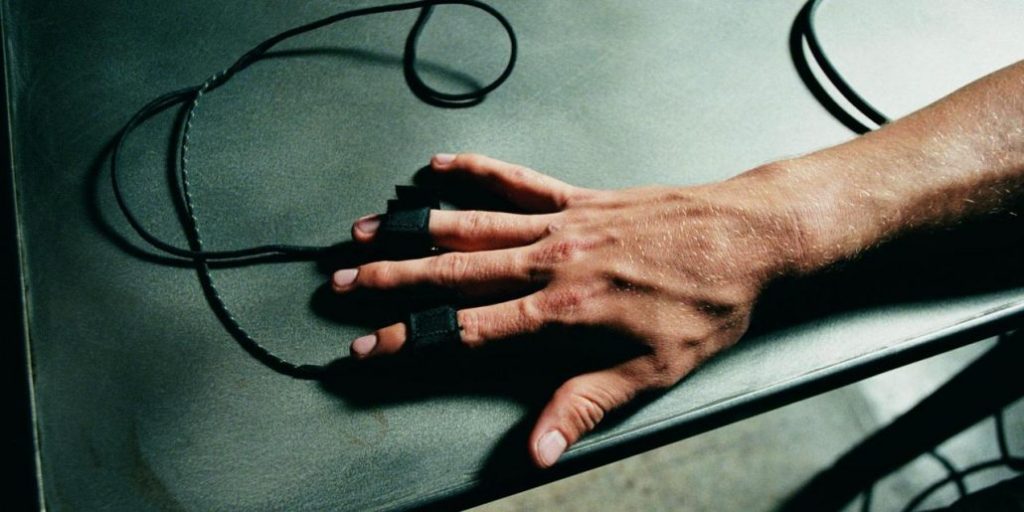UNC supports government to approve polygraph bill to weed out corrupt cops

ON June 21, the government and opposition unanimously passed a bill authorising the use of polygraph tests, drug testing and biometric identification for members of the protective services, as well as certain offices within the Judicial and Legal Service and the Civil Service.
The Prime Minister, during his contribution to the bill at the Red House in Port of Spain, said this legislation would benefit the public by enhancing national security and ensuring officers are thoroughly vetted. He said international partners often hesitate to co-operate due to trust issues arising from some officers' involvement in criminal activities.
Rowley said the bill aims to address these concerns by ensuring officers meet the highest standards and are above reproach.
“Countries that we share interests with and that help us with national security, especially information pertinent to our own national security, will not deal with us or with some officers. They often know more about our officers than we do.”
He said the legislation is needed to ensure all available tools to prevent unsuitable people from holding positions that could harm the state and national security.
Prior to voting, Rowley urged the opposition to support the bill, saying while they do not have to fight crime directly, they can contribute by supporting the legislation.
Opposition MP for Oropouche East Dr Roodal Moonilal said the bill contained little that was objectionable and said it would not automatically reduce crime. He called on the government to increase police presence nationwide, especially in schools, where he said fights are prevalent.
Moonilal called for more working police body cameras, resource management and a robust vetting process, which he said is essential.
National Security Minister Fitzgerald Hinds, in his closing remarks, said he had consulted with heads of all protective services and received written support for the legislation. The bill was then put to a vote, around 7 pm, and all 36 members present agreed.
This was the second bill passed on June 21, earlier in the day, the Whistleblower Protection Bill 2024 was passed after receiving support from UNC Cumuto/Manzanilla MP Dr Rai Ragbir.
Hinds was hopeful that Ragbir's support would lead to a broader opposition backing the polygraph testing bill.
Speaking to Newsday outside the Red House after the session, Hinds commented on Ragbir’s vote, saying he was not surprised given recent events within the opposition.
“We have been observing the collapse of the UNC recently. Rai Ragbir and a few others have been signalling matters of principle. Standing on principle often leads to confrontation with the UNC, which operates on situational ethics rather than principle.”
After the passing of the polygraph bill, Hinds suggested that Ragbir's stance on the whistlblower bill influenced the entire UNC team, leading to their unanimous support for the polygraph bill.
Hinds called the passing of both bills a legislative success, driven by the PNM government, and said they were beneficial for the country.


Comments
"UNC supports government to approve polygraph bill to weed out corrupt cops"